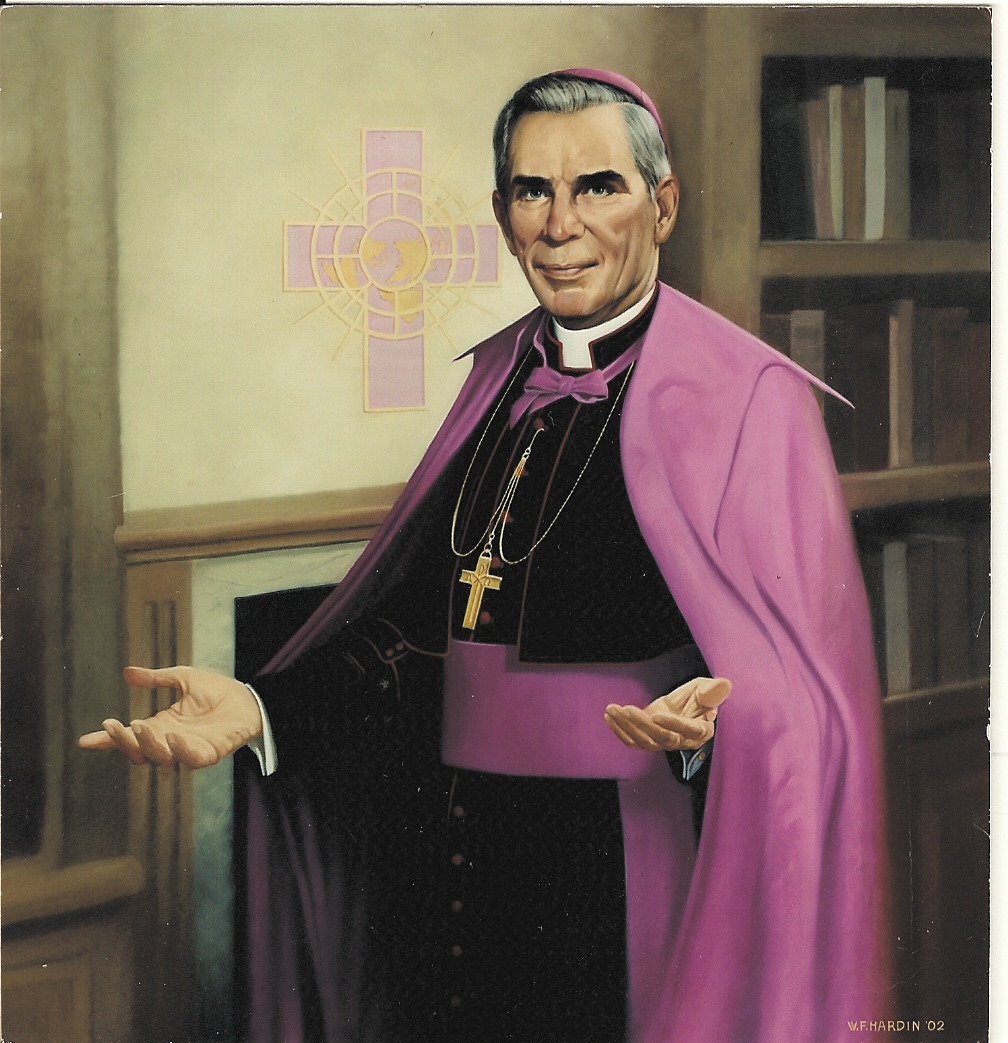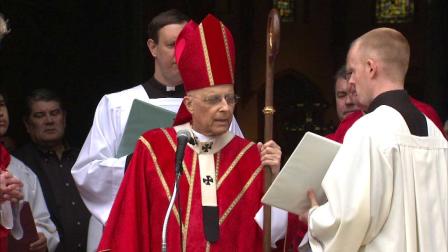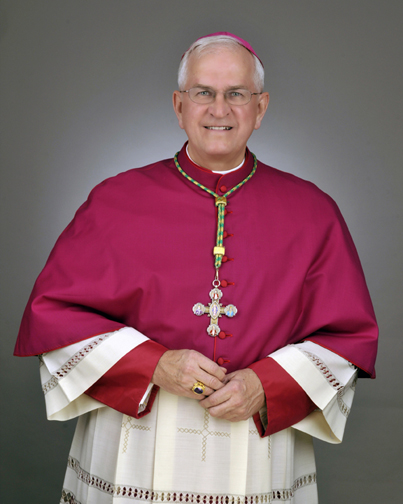When Pope Francis named 19 new cardinals Jan. 12, many Catholics cheered what seemed to be an emphasis on diversity, with half of the red hats going to bishops from non-European countries, including parts of the developing world.
But Dolores Foster Williams of Chicago was not exactly pleased.
"I didn't note any African-Americans on the list," said the 84-year-old Williams, who has made eradicating racism in the church her life's work.
"The cardinals are the ones who elect the pope, so we have no representation there. Why aren't we at the table?" The answer, she says, is blatant racism and nepotism.
"Caucasian priests who became cardinals were trained either in Diocesan seminaries or Order seminaries, and their upward progressions appear to have been fostered by influential individuals within those domains," Williams
wrote on her blog in September.
And the elevation of African cardinals, while important, doesn't count, she says: "Africans and African-Americans are culturally different."
Williams spoke with NCR in December and again this week after the announcement of the new cardinals. With an apron around her waist and a gold cross around her neck, she welcomed me into her South Side of Chicago home, tastefully decorated with African art, and shared her own experiences of racism in the church.
"I'm not looking to make a name for myself," she said. "I'm not interested in being a spokesman for anything, but I feel it should be known. Something should be done."
In her book, Williams details the church's history of institutional racism, from the segregation of the past to the even more insidious, de facto segregated church attendance of today. That, combined with an unjust decline in support for struggling African-American congregations and schools, has led to the closing of black parishes all over the country, she says.
Williams' own parish, Corpus Christi in Chicago's Bronzeville neighborhood, is struggling for its survival. She grew up in the parish but remembers African-Americans having to sit in the back of another church. After her parents divorced, she and her siblings spent some time at a Catholic home for children where, as the first African-Americans there, they once again were segregated at a separate dining table.
She had a more positive experience at St. Benedict the Moor, an all-black boarding school in Milwaukee, although she said that institution, too, had a history of racism. Still, Williams recalls the white nuns who taught there as "never doubting our ability to learn."
When she entered the liberal arts program at St. Xavier College in Chicago, Williams was one of three African-American students. The two others left, leaving Williams to graduate in 1951 as the first African-American in the program. She went on to earn a master's degree in education from Loyola University.
She and her husband moved into the Chatham neighborhood in the 1950s, when it was still predominantly white, and joined the solidly Irish St. Dorothy Parish. Outspoken about what she saw as issues in the school, Williams says she didn't fit in.
"I know there was a difference in the way they reacted to African-Americans versus Caucasians," she says. "I saw it as racial."
After a 36-year career in education with Chicago Public Schools, Williams completed the archdiocesan lay ministry program and has been involved in the National Black Catholic Congress. She also has written a history of St. Benedict the Moor School.
She tirelessly and energetically continues to speak out about her dream of an African-American cardinal, engaging anyone who will listen.
A recent letter to Cardinal Francis George of Chicago resulted in a response accompanied by a copy of his letter to parishes about racism. "Just a letter in a bulletin doesn't do it, as far as I'm concerned," Williams said.
Yet she is hopeful that Pope Francis, who has already shaken up the church with his open style and emphasis on justice, will turn his attention to what Williams calls "a sin in one sense more grievous than the priest abuse scandal, because more individuals have been affected."
With Cardinal George set to retire, Williams is campaigning for Bishop Wilton Gregory of Atlanta, an African-American Chicago native who served as president of the bishops' conference. "Of all the bishops I know, he would be the best one," she says. "He would be perfect."
[Heidi Schlumpf teaches communication at Aurora University outside Chicago.]











